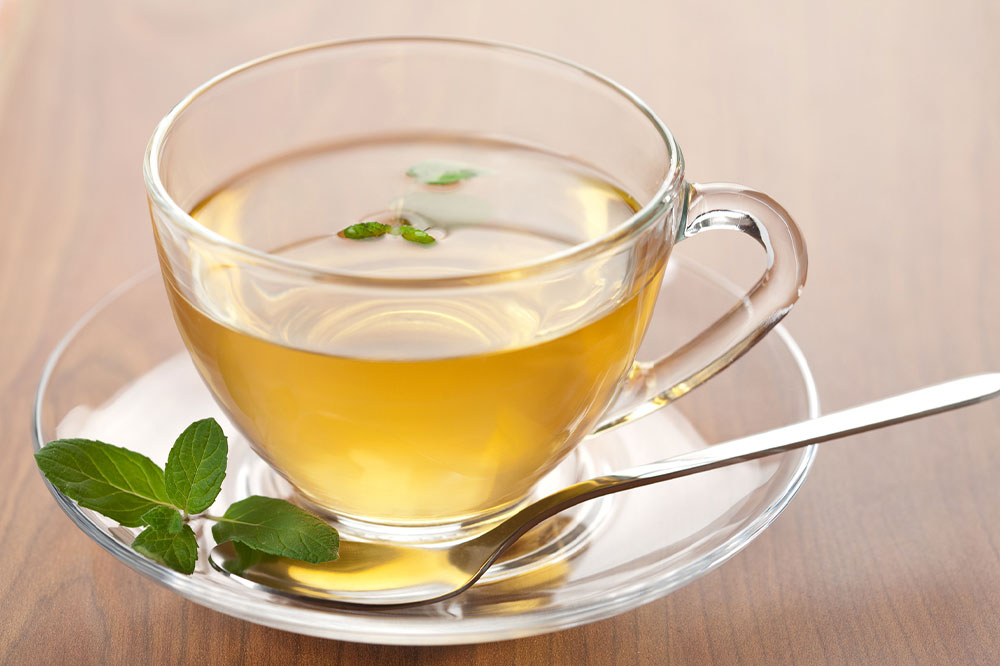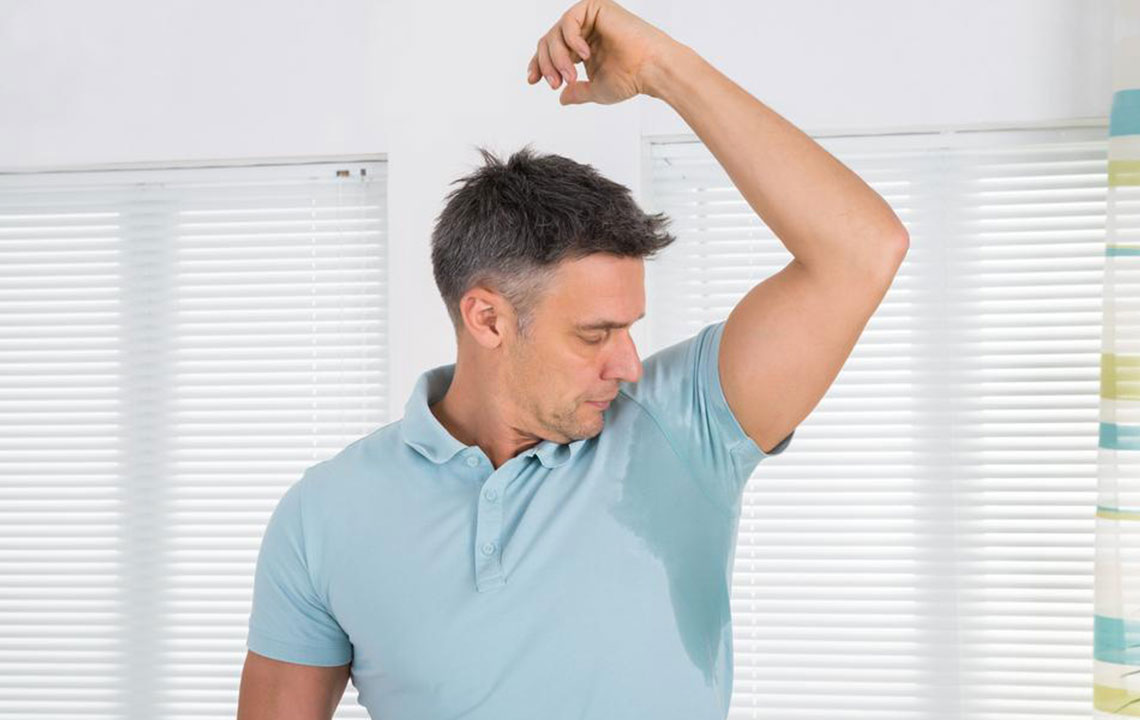Comprehensive Natural Approaches to Managing Excessive Sweating at Home
Discover natural and effective home remedies to control excessive sweating, including dietary adjustments, herbal teas, and homemade deodorants. This comprehensive guide offers practical tips and lifestyle changes to reduce hyperhidrosis symptoms naturally, promoting comfort and confidence while avoiding harsh chemicals and invasive treatments.

Holistic Home Strategies to Control Excessive Sweating Naturally
Hyperhidrosis, a condition characterized by uncontrollable and excessive sweating, affects an estimated 2-3% of the global population. This condition not only causes discomfort but also leads to clothing saturation and unpleasant odors due to bacterial growth. While conventional treatments often involve chemical antiperspirants and medications, many individuals prefer natural, gentle options that can be implemented comfortably at home. In this comprehensive guide, we explore practical and effective home remedies, lifestyle modifications, and natural therapies to manage and reduce excessive sweating.
Traditionally, excessive sweat has been managed through chemical treatments like aluminum chloride-based antiperspirants, which block sweat glands temporarily. However, many seek natural alternatives due to concerns about potential skin irritation or long-term health effects. Natural remedies, combined with lifestyle changes, offer a safer, cost-effective way to manage hyperhidrosis without resorting to pharmaceuticals or invasive procedures.
Medical and Over-the-Counter Treatments
For severe cases, healthcare professionals may recommend prescription-strength antiperspirants containing aluminum chloride hexahydrate. These formulations are designed to significantly reduce sweat production when applied nightly before bed. In some instances, botulinum toxin injections are considered, which temporarily block nerve signals to sweat glands. Nonetheless, many individuals find success through natural methods, especially as a first-line approach.
Effective Home Remedies and Lifestyle Modifications
Dietary Adjustments: Reducing intake of certain foods and beverages that trigger sweating can make a substantial difference. Limiting garlic, onions, spicy foods, and caffeine can help minimize sweat production and control body odor. Maintaining a balanced diet not only reduces sweating but also improves overall health.
Natural Remedies: Various natural ingredients have been recognized for their antiperspirant and sweat-reducing properties. These include apple cider vinegar, sage tea, homemade tomato juice, and wheatgrass juice. Incorporating these into daily routines can provide relief from excessive sweating while harnessing the benefits of nature.
Inert and DIY Deodorants: Creating homemade deodorants using inexpensive ingredients like cornstarch mixed with baking soda and essential oils offers a natural alternative to commercial products. These powders absorb moisture, neutralize odors, and are gentle on the skin.
Detailed Home Remedies
Apple Cider Vinegar: Consuming a mixture of 2 teaspoons of apple cider vinegar and 1 teaspoon of natural vinegar three times daily on an empty stomach can help regulate body pH levels. This balancing effect can act as a natural antiperspirant and reduce body odor by inhibiting bacterial growth on the skin.
Tomato Juice: Drinking fresh tomato juice provides a rich source of antioxidants and natural astringents. Regular intake can help tighten pores and limit sweat secretion, making it an effective natural remedy for managing hyperhidrosis.
Sage Tea: Preparing a tea from a handful of sage leaves, boiling in water, and cooling before consumption can be highly beneficial. Sage contains compounds that suppress sweat gland activity naturally and possess antifungal and antibacterial properties, helping to prevent odor and bacterial infections associated with excessive sweating.
By adopting these lifestyle changes, utilizing natural remedies, and maintaining proper hydration, individuals can effectively manage excessive sweating from the comfort of their home. It's essential to remember that consistency is key, and combining multiple strategies often yields the best results. If symptoms persist or worsen, consulting a healthcare professional is advisable to explore further treatment options or underlying causes.





